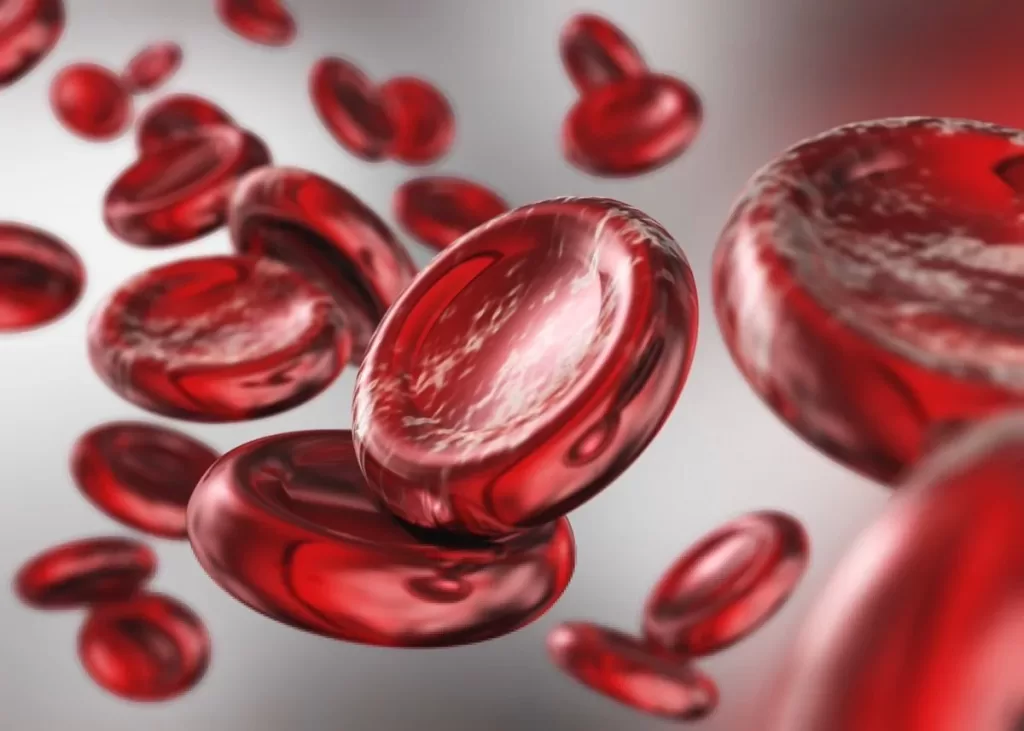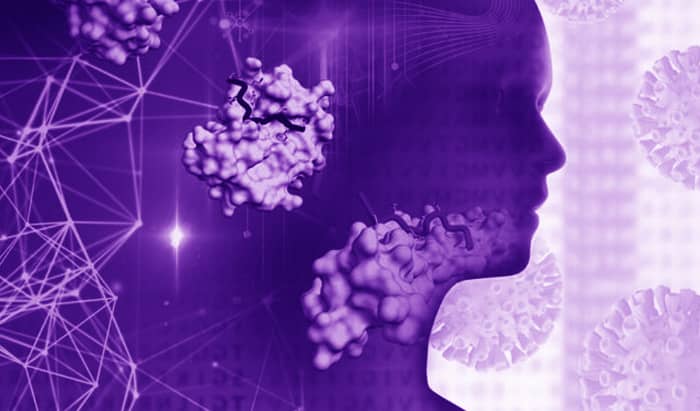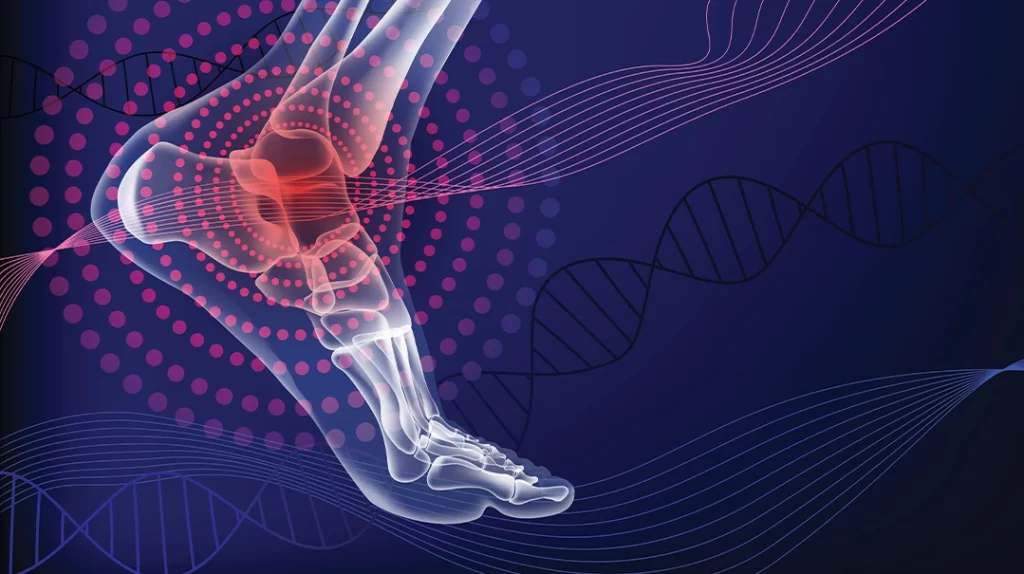Hypothyroidism, a condition where the thyroid gland doesn’t produce sufficient hormones, can manifest in women as increased body weight, fatigue, muscle weakness, decreased energy levels, and depression. Hormone replacement therapy is the standard treatment for this condition.
Follow with us through the following paragraphs: hypothyroidism symptoms in females and its multiple effects on public health.
Causes of Hypothyroidism
Hypothyroidism can occur as a result of the following health problems:
Hashimoto’s disease: It is an autoimmune disease that occurs as a result of the immune system attacking thyroid cells.
This disease is the most common cause, while other possible causes include:
- Some types of medications: such as lithium, thalidomide and amiodarone.
- Birth defects: in which a person is born with problems in the formation of the thyroid gland.
- Iodine deficiency: When there are not sufficient levels of iodine in your food, the thyroid gland is unable to perform its functions effectively.
- Pituitary gland diseases: including non-cancerous tumors.
- Thyroiditis: the result of a microbial infection. (Patil, Rehman , Anastasopoulou , & Jialal , 2024)
Physical Symptoms of Hypothyroidism
Hypothyroidism, also known as an underactive thyroid gland, can cause a group of symptoms as a result of a lack of hormones produced by the gland in the body. These symptoms include:
- Feeling tired, exhausted and lethargic even after hours of good sleep.
- Unexplained weight gain despite not changing eating habits and exercising.
- Feeling cold even in warm climates and not being able to tolerate cold.
- Change in bowel habits, constipation, and difficulty getting rid of waste.
- Skin peeling, dryness, and pale color.
- Hair thinning and decreased hair density, especially in the head area.
- Muscle pain and weakness, especially in the shoulders and thighs.
- Joint pain, especially the joints of the hands and knees.
- Heart rate lower than normal
- Changes in blood flow during menstruation by increasing the amount of blood and the length of the menstrual period.
- Changes in the tone of the voice to become deep or what is known as the hoarse voice.
- Feeling numb or tingling in the hands.
- Physical changes that appear on the face, such as drooping eyelids and puffiness around the eyes. (Chaker, Bianco , Jonklaas , & Peeters , 2017)

How Hypothyroidism Affects Menstrual Cycles
The thyroid gland plays an important role in regulating the work of hormones that affect the menstrual cycle.
Therefore, when its production of hormones decreases, this is translated in the body into disturbances in the menstrual cycle, which is considered one of the most important symptoms of hypothyroidism in females.
In this case, the menstrual cycle can be affected in several ways, including:
- Irregularity of the menstrual cycle: whether with regard to the timing of menstruation or its duration, as its duration may increase or decrease, and it becomes unpredictable.
- Heavy bleeding: Hypothyroidism can cause heavy bleeding during menstruation, where the amount of blood becomes much more than usual.
- Absence of menstruation: Delayed menstruation or its complete absence is one of the common symptoms of hypothyroidism.
- Infertility: A lack of thyroid hormones affects the ovulation process, making pregnancy difficult.
If you suffer from such symptoms, you can do a blood test for thyroid hormones and treat the problem to regularize your menstrual cycle and improve your health and psychological state in general.
Emotional and Cognitive Impacts
The repercussions of an underactive thyroid may extend to the patient’s cognitive abilities and emotional health.
Hypothyroidism in females symptoms related to emotional and cognitive functions include:
- Depression: feelings of sadness, loss of passion, and bad mood.
- Anxiety and irritability: symptoms of an underactive thyroid gland. Difficulties concentrating: and the inability to complete daily tasks.
- Difficulties in remembering: Short-term and long-term memory is affected.
- Slowed thinking: It is difficult for the mind to process the data that reaches it gradually.
- Brain fog: feeling confused and foggy.
- Difficulties in language: It is difficult for the patient to form sound sentences, find the appropriate words, or clearly express what he wants.
- Difficulties in planning: implementing, and being able to complete tasks.
You must keep in mind that all of these symptoms are not permanent and that you can treat them gradually with the correct therapeutic methods.
Skin, Hair, and Nail Changes
An underactive thyroid gland has many negative effects on the skin and nails, including:
Skin:
- Dry skin: Dry and flaky skin is one of the most common signs of hypothyroidism.
- Skin color change: where the skin is pale or yellowish.
- Skin thickness: The skin suffers from increased thickness, especially in the areas of the face and legs, and becomes rougher.
- Slow wound healing: The patient may suffer from difficulty healing wounds.
Hair:
- Hair loss and thinning: This is a characteristic sign of hypothyroidism, and this may cause hairless patches to appear.
- Dry hair: Hair becomes dry, brittle, and prone to breakage.
- Slow hair growth: The rate of hair growth is lower than usual.
- Eyebrow hair loss: The outer third of the eyebrow becomes thin or falls out completely.
Nail:
- Nail brittleness: Nails become brittle and susceptible to breakage.
- Slow nail growth: The nail growth rate is less than normal.
- Nail thickness: The nails undergo a change in composition, becoming thicker and altering in color.
Read Also: Symptoms of Crohn’s Disease in Females
Detecting Hypothyroidism Through Medical Tests
It is easy to diagnose hypothyroidism by performing a group of common tests, which include:
Thyroid-Stimulating Hormone (TSH) Test:
TSH is a hormone produced by the pituitary gland that stimulates the thyroid gland to produce its hormones.
In the event of a deficiency in thyroid function, the levels of this hormone rise significantly, because the pituitary gland tries to compensate for the deficiency in thyroid production.
Free T3 Test:
Free triiodothyronine is one of the main hormones produced by the thyroid gland, and measuring it can provide specialists with good information about the gland’s functions.
Free T4 Test:
This test measures levels of free thyroxine, which is also one of the main hormones that the thyroid gland produces in smaller quantities when it suffers from lethargy.
Ultrasound examination of the thyroid gland:
Ultrasound examination helps detect abnormalities that may occur in the thyroid gland, which cause hypothyroidism, such as nodules or goiter.
If your doctor finds that you suffer from hypothyroidism symptoms in females, he may ask you to undergo one or more of these previous tests.
References
Chaker, L., Bianco , A. C., Jonklaas , J., & Peeters , R. P. (2017). Hypothyroidism. PubMed.
Patil, N., Rehman , A., Anastasopoulou , C., & Jialal , I. (2024). Hypothyroidism . PubMed.







